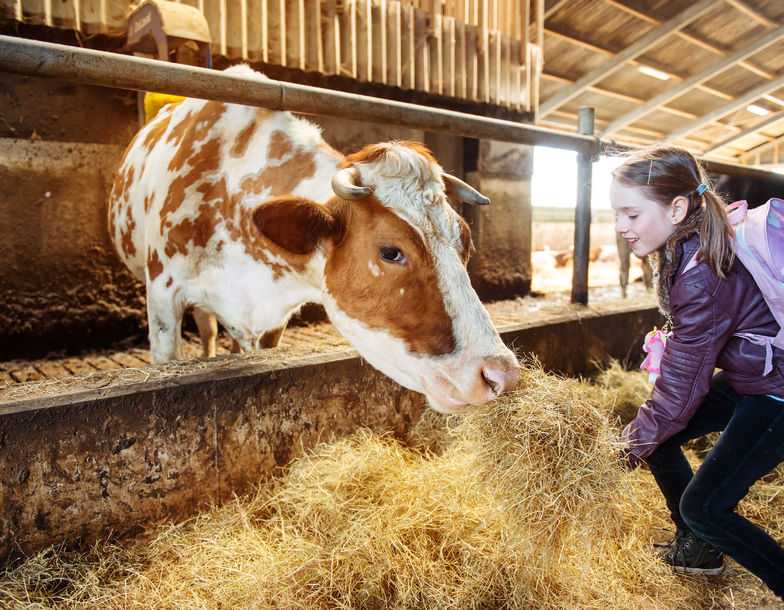
Vets using homeopathy are not putting animals at risk according to Defra who responded to a question tabled by an MP.
Defra was responding to a parliamentary question tabled by David Tredinnick MP, who said some vets are concerned with the Royal College of Veterinary Surgeons’ (RCVS) perceived anti-homeopathy position.
Mr Tredinnick has taken up the cause of vets unhappy at the RCVS position statement on complementary and alternative medicines.
Some vets say the RCVS position effectively prevents them from using a "therapy that benefits animal health", according to the British Homeopathic Association.
On an online statement posted in November, the RCVS said it would like to promote the advancement of veterinary medicine upon "sound scientific principles", where homeopathy is not included.
In his written answer the Farming Minister George Eustice responded to Mr Tredinnick: “The Department does not have any evidence that shows that homeopathic vets are a risk to animal welfare by using homeopathy as an alternative treatment to conventional medicine options.”
Peter Gregory, veterinary dean of the Faculty of Homeopathy, said: “This drives a coach and horses through the Royal College’s reasoning for adopting its anti-homeopathy stance. The argument that homeopathy endangers animal health is spurious, unsubstantiated and wrong.
He continued: “Growing numbers of pet owners and farmers are seeking a more holistic approach to animal health and have found homeopathy can help to achieve this. In light of the Secretary of State’s statement, I call on the Royal College to look again at its position on the use of complementary medicines in veterinary practice.”
Homeopathy is a medical philosophy and practice based on the idea that the body has the ability to heal itself.
Critics say there is no scientific evidence for an effect of homeopathy that exceeds placebo.
Prince Charles has revealed that he treats his own cows and sheep with homeopathy to help reduce reliance on antibiotics.
